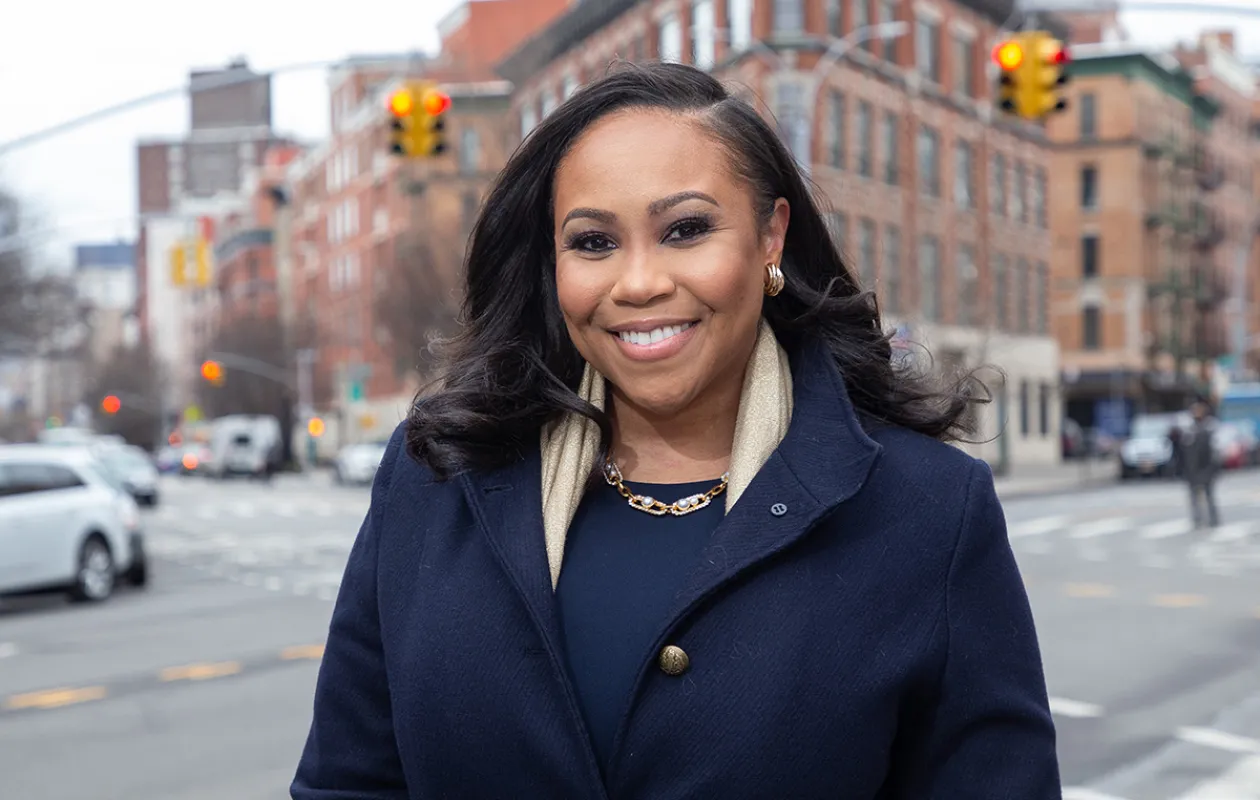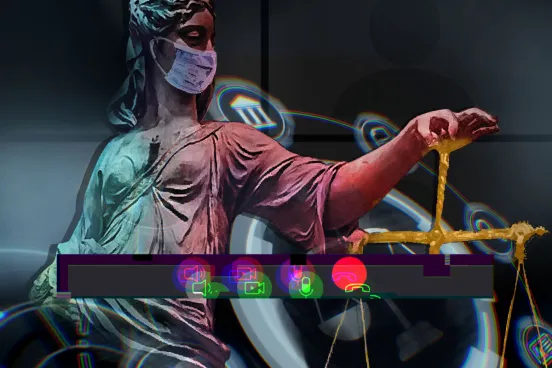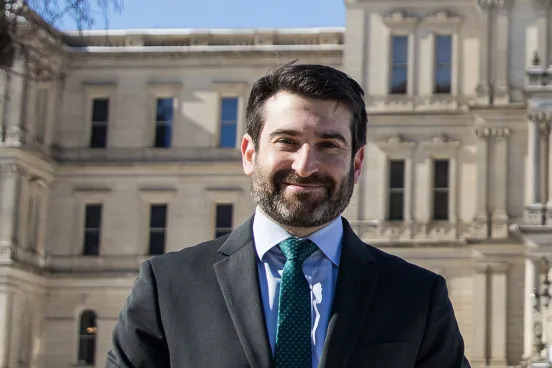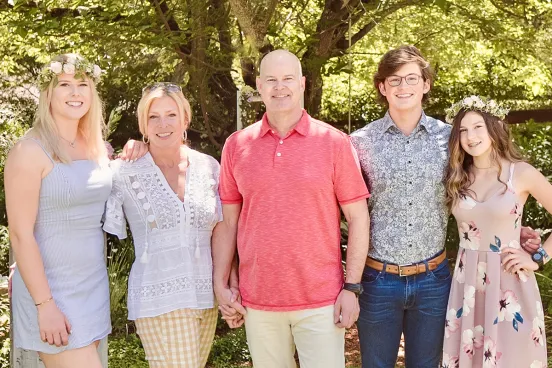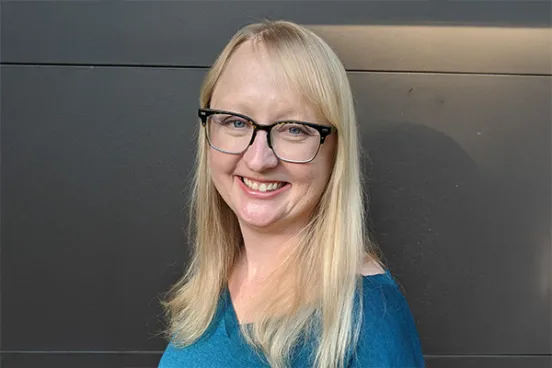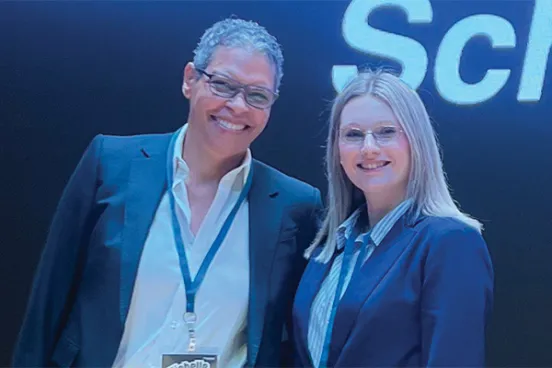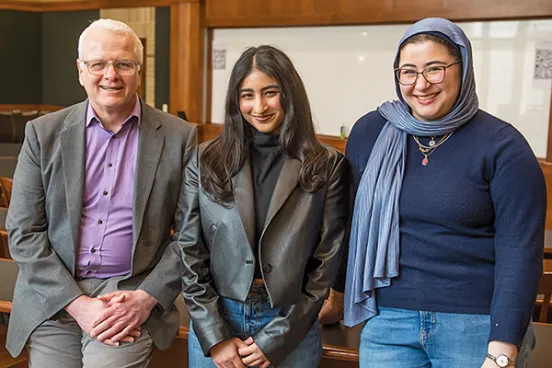Last September, Jerika Richardson, ’07, joined the National Urban League as senior vice president of equitable justice and strategic initiatives, a newly created role within one of the oldest civil rights organizations in the country. Richardson will work in close partnership with the League’s leadership and its network of 90 local affiliates to establish lasting equity and justice through policy advocacy, civic engagement, and legislative reform.
“It’s an exciting opportunity because I am building and formalizing a department from the ground up that will live within the fabric of the National Urban League long after I’m gone,” says Richardson. “In order to get legislative and policy changes enshrined and codified, we have to engage with the government and with the law, and we have to engage with the media—we need to use all of the tools at our disposal.”
Richardson’s career path began to take shape when she moved from New Jersey to attend Spelman College, a historically Black college in the Atlanta area. She quickly registered to vote for the first time and became involved with local voter registration efforts, but come election day in November 2000, her name and the names of many others who had registered using Spelman College addresses had not been added to the voter rolls. This was particularly notable for Richardson, who recognized some successful first-time voters as local citizens—unaffiliated with Spelman College—whom she had helped to register while volunteering. Attempts to reach voting officials were unsuccessful, as were efforts to garner local media coverage in support of their cause. Richardson and many of her classmates were denied the right to vote.
“That day profoundly impacted my career trajectory, and it was no longer, ‘Do I want to be a lawyer, do I want to go into government, do I want to be a journalist?’” says Richardson. “Instead of forcing myself to choose one lane, I recognized how interconnected those pieces are, and I have pursued a career at the intersection of all three.”
After law school, Richardson covered politics and the law at ABC News in New York City before being hired out of the briefing room by then-U.S. Attorney Preet Bharara to serve as a spokesperson for the U.S. Attorney’s Office in the Southern District of New York. She went on to become chief of staff for the New York City Office of the Counsel to the Mayor, and deputy executive director of the New York City Civilian Complaint Review Board, the nation’s largest independent police oversight agency.
Richardson’s background in the media and government, combined with her understanding of the law, have allowed her to support the League’s local affiliates as they navigate issues related to police accountability and criminal justice reform. During Richardson’s tenure with the civilian review board, for one example, the agency conducted an independent investigation into the death of Eric Garner that found cause for the officer’s termination. To Richardson, the case demonstrates the importance of civilian oversight, and that impartial and transparent civilian review boards can be a critical tool in strengthening accountability while enabling citizens to participate in issues that affect their communities.
Following the unprecedented-in-scale racial justice protests that emerged last year in response to the police killings of Breonna Taylor, George Floyd, and other African Americans, Richardson is working to translate awareness into substantive policy change. In partnership with lawmakers and other stakeholders, they endeavor to pass legislation at the state and federal level around policies such as eliminating no-knock warrants, expanding requirements for body-worn cameras on police, and other priorities.
“I have an opportunity to help people and push our country forward, and my responsibility in this job is to stay focused on justice and equity, not just when it comes to policing but in education, housing, and health care,” says Richardson. “It’s about collaborating and working with communities on policy reforms that will have a profound effect for years to come.”


